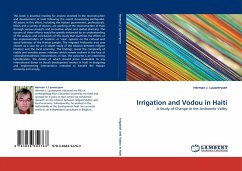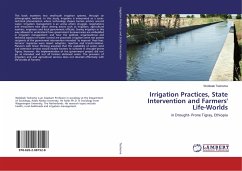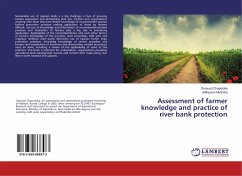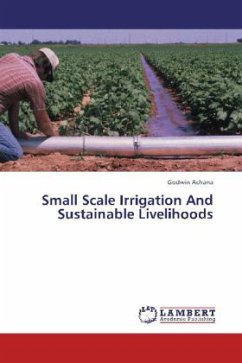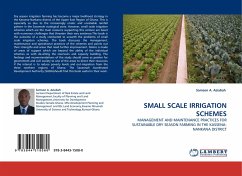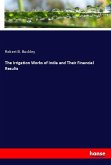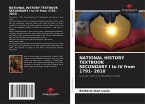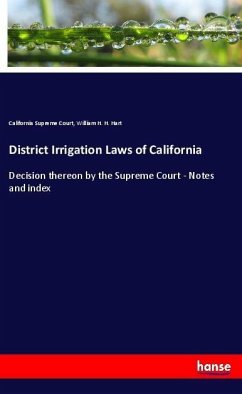This book is essential reading for anyone involved in the reconstruction and development of Haiti following the recent devastating earthquake. All actors in this effort, including the Haitian government, professionals, NGOs and a variety of donors, are working at the reconstruction of Haiti through various projects and innovative urban and spatial planning. The success of these efforts would be greatly enhanced by an understanding of the analysis and conclusions of this study that examines the effects of the implementation of modern or new systems on the cultural and social behavior of the Haitian people. The irrigated Artibonite area was chosen as a case for an in-depth study of the relation between religion (Vodou) and the local economy. The findings reveal the complexity of visible and invisible power relations which remain resilient in the face of rationalist/modernist interventions. In fact, the outcome is an interesting hybridization, the details of which should prove invaluable to any international donor or (local) development worker in Haiti in designing and implementing interventions intended to benefit the Haitian economy and society.

